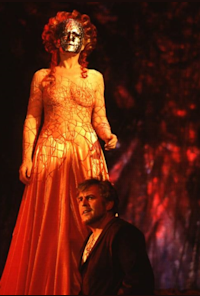

Tannhäuser (Тангейзер и состязание певцов в Вартбурге), Wagner, Richard
Поделиться
Bayreuther Festspiele (1978)Информация от художественной организации (проверено Operabase)
27 июля - 28 августа 1978 (6 выступлений)
|
итальянский
немецкий
Тангейзер и состязание певцов в Вартбурге by Wagner, Richard, пнд 28 авг. 1978, С (1978/1978), Режиссер Götz Friedrich, Дирижёр Colin Davis
Просмотр списка исполнителей и постановочной труппы 28 авг. 1978
Продюсер
Дирижер
Режиссер-постановщик
Исполнители
Hermann
(Герман)
Wolfram von Eschenbach
(Вольфрам фон Эшенбах)
Walther von der Vogelweide
(Вальтер фон дер Фогельвейде)
Biterolf
(Битерольф)
Heinrich der Schreiber
(Генрих Шрайбер)
Reinmar von Zweter
(Райнмар фон Цветер)
Elisabeth
(Елизавета)
Venus
(Венера)
Постановочная труппа
Художник-постановщик
Художник по костюмам
Хореограф
Узнать больше о композиторе
Узнайте больше о произведении
Смотрите на
myfidelio.at
Язык произведения:: итальянский

